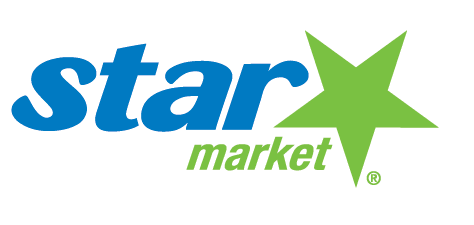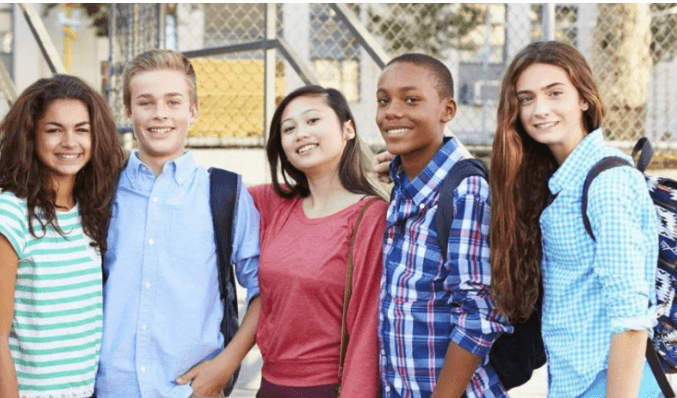Adolescent Consultation Services supports and empowers court-involved children and families by providing mental health prevention and intervention services to help them move forward in a positive direction. Star Market has supported the work of this nonprofit through its GIVE BACK WHERE IT COUNTS Reusable Bag Program.
Tell us about the Adolescent Consultation Services (ACS).
Adolescent Consultation Services (ACS) was founded 50 years ago in 1973, so this is a milestone year for us. Our mission is to support and empower court-involved kids by providing mental health services to help them work toward a better future.
We provide kids and families with direct, no-cost mental health care and assistance navigating the juvenile justice and child welfare systems. Last year, ACS helped 315 children improve their long-term health and well-being.
What services do you provide to the community?
We provide treatment services to clients as young as six years old and up to 18, but our average age is 15. Our staff are all clinicians, licensed social workers, psychologists and licensed mental health counselors. ACS provides individual therapy and group treatment for kids who are in need. Since the pandemic and afterward, we’ve expanded our programs. Before the pandemic, kids in our program had to be court-involved, but now we are also working with kids at risk of becoming court-involved.
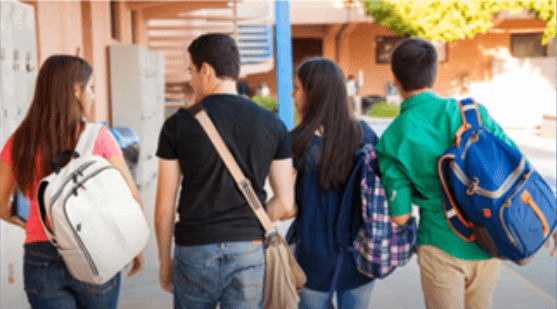
Our therapy is one-on-one treatment sessions with kids; our group treatment sessions work with kids in similar situations. We have a psycho-educational program that lasts eight weeks which we’ve expanded to provide group treatments in some of our local high schools.
ACS aims to break down as many barriers as possible to treatment. We don’t accept insurance. Everything’s free, removing one of the most significant barriers for people. Also, we are right in the schools. We also try eliminating transportation challenges by conducting some of our sessions remotely. We’ve started raising money to have emergency funds for helping families with personal transportation, groceries or other kinds of challenges.
ACS aims to break down as many barriers as possible to treatment. We don’t accept insurance. Everything’s free, removing one of the most significant barriers for people.
In 1973 in Massachusetts, there was a need to help children in the court system. These were kids who were often not attending school or were committing crimes. At that time, it was about looking at if they had undiagnosed learning disabilities. Over the past 50 years, we’ve developed our skills and connections with the community and focused on mental health.
The state of Massachusetts followed our lead. There is a juvenile court clinic in every county in the state. These licensed clinicians provide mental health services to kids in the court. Since the juvenile court clinics were established in 1996, we have had a contract for Middlesex County. In doing this work, we realized that we had this opportunity to raise money to supplement those state-contracted services privately, and we could fund our whole treatment program.
What sets you apart from other nonprofit organizations in your community?
We’ve been doing this for so long that we have fantastic community partnerships; we are directly connected with the juvenile court, the Department of Mental Health, the Department of Children and Families and all providers and hospitals. ACS has a strong network and partnerships.
Also, our clinicians are highly trained in working with adolescents. In addition to being licensed as a social worker or a psychologist, there’s a certification and several hours that they must complete specifically with kids involved in the court to work with them full-time.
We then focus on being individualized. Our team doesn’t just bring a kid in and say this is the service that they get. We work on figuring out exactly what each child needs. For example, some kids may need specialized therapy or treatment sessions. Some may benefit from both group and individual treatment. Often, our kids are in a variety of our programs. Going to a group where their peers surround them is beneficial because they realize they’re not alone. Then they can also go to individual therapy to work on individualized challenges. We are flexible and adapt.
We can adjust and move quickly as a small, privately funded agency. The pandemic proved this; we could switch to being remote swiftly and partner with schools in no time. Our organization can adapt to what the kids need at any moment.
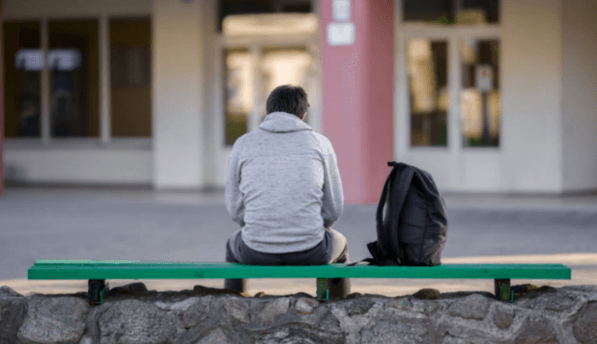
Now that we have remote options, some kids do better in that setting. They feel more comfortable and more open in their own environment. Then we have other kids who need to get out of their houses. The activity of leaving their home and coming to us is beneficial. Offering different therapy options has been helpful because many of the kids we’re serving are not attending school. We have many truancy cases, especially after the pandemic, because of anxiety and depression. The number of kids who can’t leave their houses has skyrocketed. So virtual services have really helped. This customization and adaptability are essential when working with these kids’ complex needs.
Tell us a story that illustrates the good work of your organization.
We talk about every story in a different and unique way. These stories are in a section on our website called impact voices, not success stories, because we consider any sign of growth or movement a chance to celebrate. Our stories aren’t about making it through, graduating high school and getting a good job. We want to celebrate every action toward improving their lives.
We consider any sign of growth or movement a chance to celebrate.
I’ll tell you one that I’ve recently encountered. We change any identifying features because we’re working primarily with court-involved youth. For this case that I’m specifically thinking of, I’ll call her Lucia.
One of our programs and partnerships is with the Juvenile Detention Alternatives Initiative (JDAI), a program within the district attorney’s office. If a child does commit a delinquency act, they’ll go through this program. Our goal is to keep these kids out of the juvenile justice system. The shorter the time they’re involved in the juvenile justice system, the less likely they will be involved as adults. The JDAI Program offers diversion options. That means they’ll work with a child and discuss what they need to do and will create a diversion contract. When they complete that contract, their charge will be removed from their record with no court involvement. Often our treatment program is one of the conditions of their diversion.
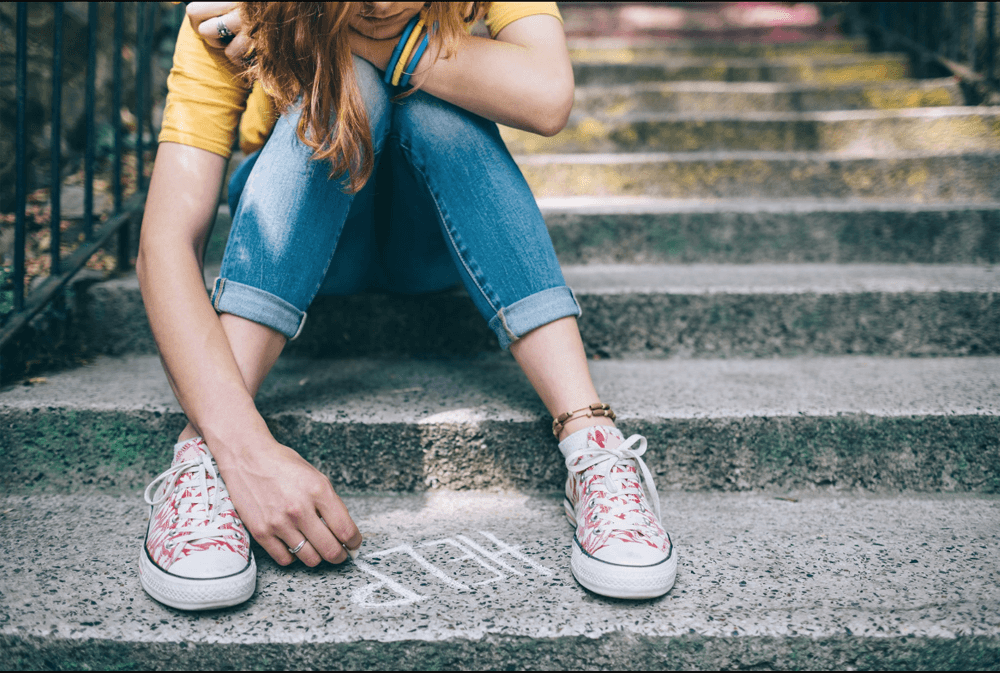
In Lucia’s case, she’s 16 years old and received a charge of assault and battery. After an argument and fight with a peer escalated, she threw a rock at the peer. So, she was charged with assault and battery. Since it was her first incident and the diversion officer knew that struggles were happening at home, they offered her a diversion contract instead of going through the court system.
She was referred to ACS, and our clinician did an intake and realized that both individual and group would be beneficial. She did all eight of the group treatments and was able to discuss her feelings of anxiety. She often had angry outbursts whenever she felt she wasn’t in control.
One of the things about the group that’s so beneficial is that kids can hear from other peers and realize they are not alone. Then they also brainstorm together about healthy coping skills and how they can better handle their different emotions.
Lucia finished the entire eight sessions of our group treatment program. She wrote her clinician, saying, “My experience with the programs these past few months has been really helpful. I’ve learned how to cope with my emotions, such as my anxiety and my depression and how to cope with my anger. I’m glad that I’m getting the right help for me mentally because I was lost.”
She was able to complete her diversion program, which meant that they removed the charges. This is our ultimate goal.
What is your most outstanding achievement or contribution to the community?
How quickly we’re able to respond to the needs of the kids. The entire country is facing a mental health crisis, especially our teens, who face wait lists for different community services from six to 18 months. For a child who may be in crisis, that’s a lifetime. We can work with kids right away and see more through groups. Being flexible, being at the school and being responsive eliminates care barriers. This is one of the most impressive things that we’ve been able to do.
The entire country is facing a mental health crisis, especially our teens, who face wait lists for different community services from six to 18 months.
By the time kids are involved in court, it means other services haven’t worked, such as in-home therapies, school support and community support. The court is the last resort. We can work with these kids in a crisis and help guide them to what they need. Every single day is critical when a child is in crisis.
What do you want people to know about the Adolescent Consultation Services (ACS)?
I want to reinforce that our country has a mental health crisis, wait lists are long, and it’s hard for kids to get services. The feelings of persistent sadness and depression have increased by 40% among teens in the last ten years. Our kids are facing some serious mental health challenges that need assistance.
The need is out there, and organizations like ACS provide these services at no cost to families who can’t get them elsewhere. A quarter of our kids were homeless or had experienced homelessness last year. Over 80% are low-income, and a third have a parent who immigrated to the United States. We’re working with the kids who don’t have as many options elsewhere.
How are you using the funds you’ve received from the Star Market GIVE BACK WHERE IT COUNTS Reusable Bag Program?
This money goes straight into the treatment program. It’s entirely privately funded.
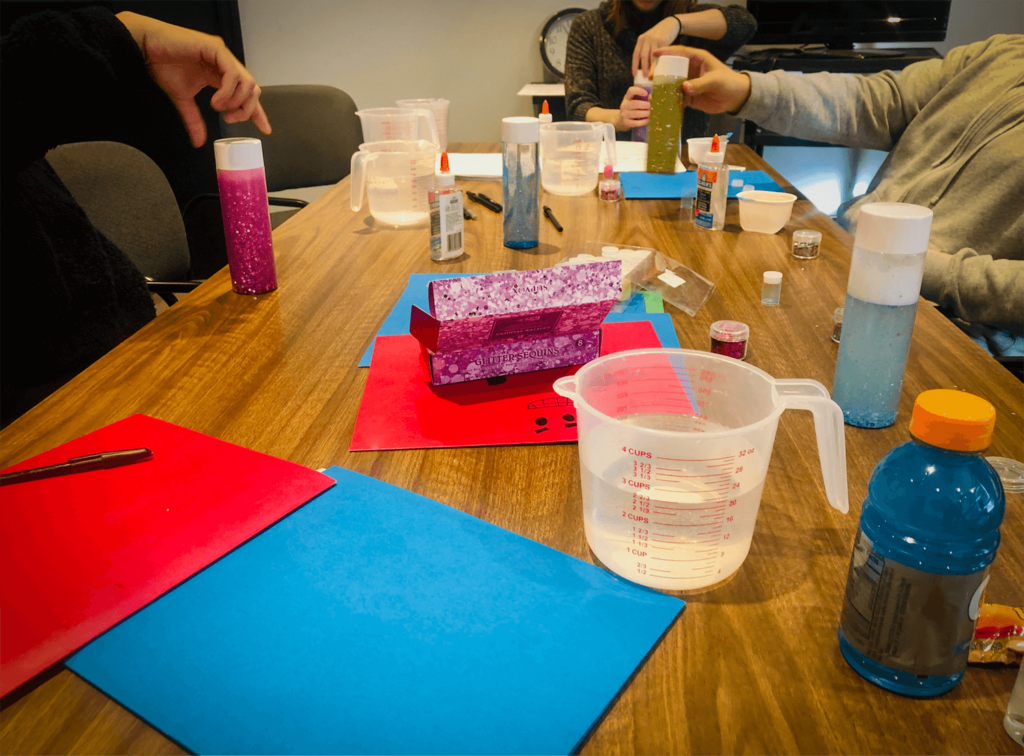
Then, with the in-person programs, we do a lot of hands-on activities, like arts and crafts; they’ve made slime and different fidget items to help with anxiety. So we use these funds for supplies and food. Every session, we have snacks available. Something we have in the waiting room of every location is a little treasure chest filled with deodorant, toothbrushes, snacks and fidget toys. It’s open for whatever our kids need to take. We make sure that the kids have some of their basic needs met. We want to be calming and comfortable and provide for as many of their needs as possible. All the funding for this program goes to all these different elements.
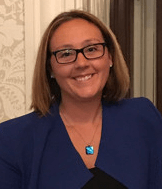
Published August 24, 2023.
